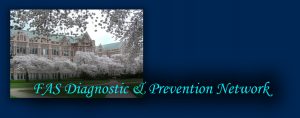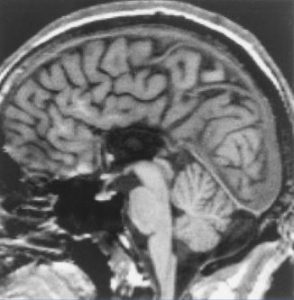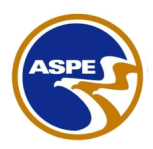The Education & FASD Toolkit was created to help educators and families become better partners when delivering the necessary interventions to help students reach their maximum potential and prevent some of the adverse life circumstances associated with FASD.
The toolkit begins with resources suitable for anyone interested in the subject of education and FASD, with additional pages of materials specifically for educators, parents and caregivers, and Native communities.
Resources on each page include:
- recommended websites;
- written materials like handbooks, factsheets, and guides (in downloadable format);
- webinars from experts in the field; and
- videos by specialists, teachers, families, and people with FASD themselves.
Each page also features two sections: an overview of relevant issues for each group (parents, educators, Native communities, e.g.), followed by concrete strategies each group can use to help students achieve optimal academic outcomes.
Novick Brown, N. (2021). Evaluating fetal alcohol spectrum disorders in the forensic context: A manual for mental health practice. Springer. For access, click here.
Burd, L. & Edwards, W. Fetal Alcohol Spectrum Disorders: Implications for Attorneys and the Courts. Criminal Justice, Fall 2019. For access, click here.
Novick Brown, N., Burd, L., Grant, T. Edwards, W. Adler, R., & Streissguth, A. (2015). Prenatal alcohol exposure: An assessment strategy for the legal context. International Journal of Psychiatry and Law, 42-43, 144-148. For access, click here.
Novick Brown, N., Grant, T., & Clarren, S. Fetal Alcohol Spectrum Disorders: What Judges and Other Legal Professionals Need to Know. Judges’ Page Newsletter Winter 2014. For access, click here.
Resolutions with Reports to the House of Delegates, 2012 Annual Meeting, Chicago, Illinois, August 6-7, 2012. For access, click here.
 |
FAS Diagnostic and Prevention Network
|
A statewide network of interdisciplinary FASD diagnostic clinics led by the core clinical/research/training clinic at the University of Washington. |
 |
Paul Connor, Ph.D., Neuropsychologist |
A licensed clinical neuropsychologist who specializes in cognitive and behavioral neuropsychological assessments of adults (17 and over) in DesMoines, WA. |
 |
FASD United |
A leading voice and resource of the Fetal Alcohol Spectrum Disorders (FASD) community nation wide. |
 |
FASD Focus NW |
A leading resource of the Fetal Alcohol Spectrum Disorders (FASD) community in Washington state. |
|
Substance Abuse and Mental Health Services Administration |
The agency within the U.S. Department of Health and Human Services that leads public health efforts to advance the behavioral health of the nation. Its mission is to reduce the impact of substance abuse and mental illness on America’s communities. | |
 |
Center on Human Development and Disability |
Serves people with developmental disabilities and their families through a comprehensive array of research, clinical services, training, community outreach, and dissemination activities at the University of Washington. |
 |
Washington Alliance for Drug Endangered Children |
Teaches early identification, response, and appropriate intervention services for children and families affected by parental or caregiver substance misuse. |
 |
U.S. Department of Health and Human Services – Office of the Assistant Secretary for Planning and Evaluation |
Provides information on state responses to FASD. View the 2022 report here. |
 |
Centers for Disease Control and Prevention |
Provides resources to address alcohol and polysubstance use in pregnancy. |
 |
State of Washington Health Care Authority Division of Behavioral Health and Recovery |
Works with communities, organizations, and families to prevent early use of alcohol and other drugs and to ensure our youth, families, and communities thrive. |
